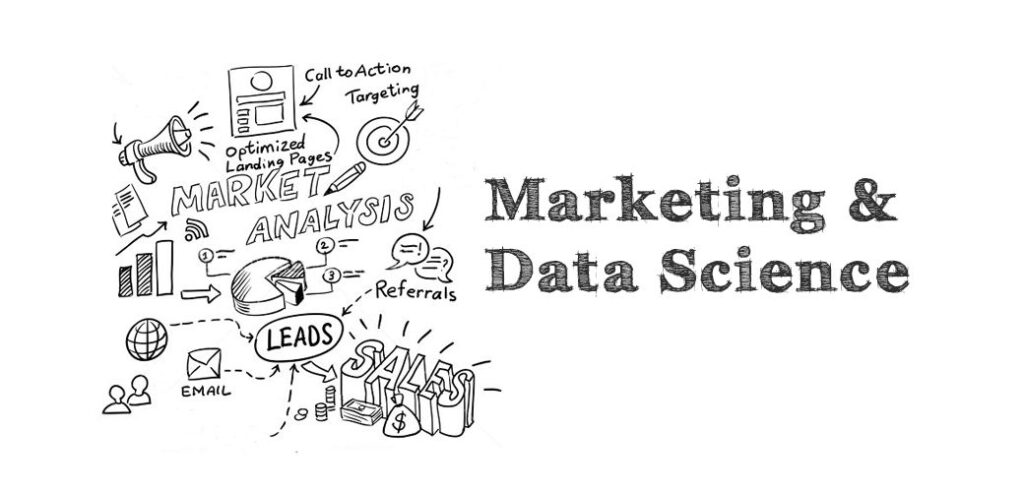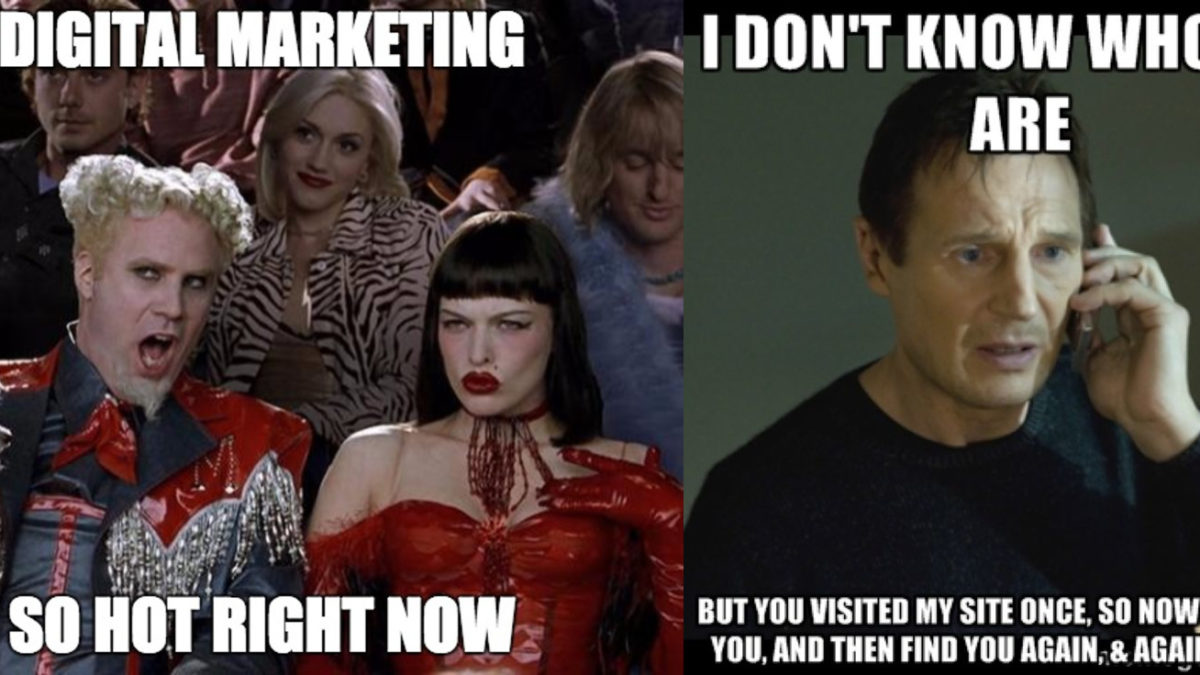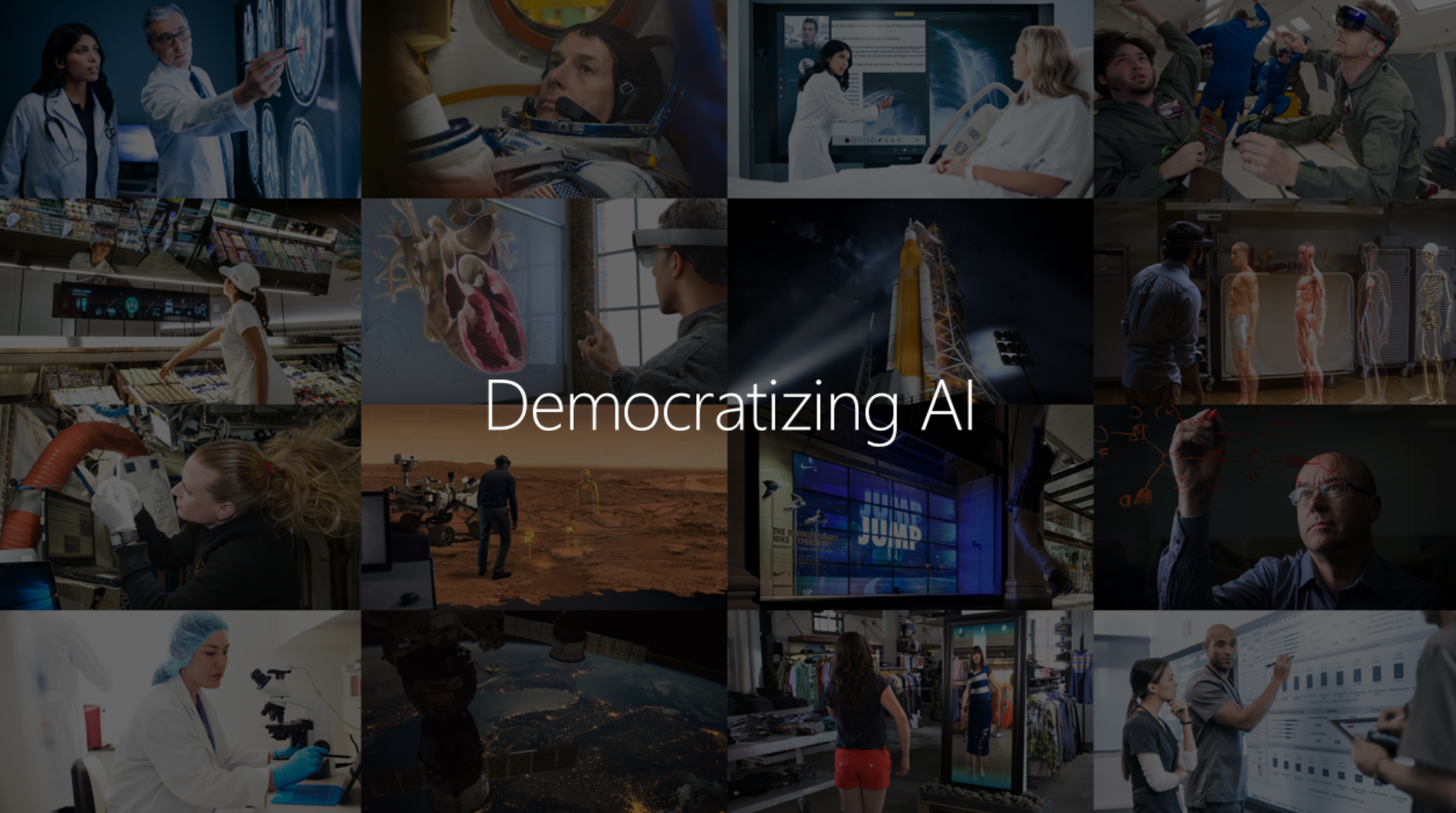
Marketing & Data Science
Data Science is a field that extracts meaningful information from data and helps marketers in discerning the right insights. These insights can be on various marketing aspects such as customer intent, experience, behavior, etc that would help them in efficiently optimizing their marketing strategies and derive maximum revenue.
Marketing Analytics fields:
- Market Budget Optimization: By analyzing marketers’ spending and acquisition data, data scientists can build a spending model that can help to utilize the budget better. Such type of model can help marketers decide to allocate their budget across locations, mediums, channels, and campaigns according to key metrics
- Lead Targeting: Marketers can use data science to narrowly target the leads and know all about their online behavior and intent on websites and mobile apps. By analyzing historical data, marketers can determine their business requirements and the type of brands they’ve been associated with, in the past year.
- Matching marketing strategies with customers: To derive maximum value out of their marketing strategies, marketers need to match them with the right customer. For that, data scientists can create a customer lifetime value model that can segment customers by their behavior. Marketers can use such type of model for a variety of use cases. You can send referral codes and cashback offers to your highest value customers. You can apply retention strategies to users who are likely to leave their customer base and so on.
- Identifying the right channels: By creating a time series model, a data scientist can identify and compare changes in the channel selection. This is highly beneficial to tell the marketers about channels getting higher revenue.
- Marketing to the right audience: Marketing spends are very high as campaigns are broadly distributed irrespective of the locations and audience. But, if data science is applied to analyze data properly, you will be able to understand which locations and demographics are giving the highest ROI.
- Advanced lead scoring: If the marketer is able to segment customers according to their interests. It will be able to increase sales performance and revenue. Data science enables marketers to create a predictive lead scoring system. This system is based on an ML algorithm that is capable of calculating the probability of conversion and segmenting your lead list. The list can be categorized into the following: likely customers, active prospects, and not interested customers.
- Customer personas and profiling: When marketing products and services, marketers create personas of customers. They regularly build specific personas of the target audience. with applied data science, they can clearly decide which personas to be targeted.
- content strategy creation: Marketers should always have to deliver the right content to the right customers to attract them. Data science can help them pull audience data that will in turn help in creating the best content for every customer. For example, if a customer came via Google by searching for a certain keyword, the marketer will know to use that keyword more in their content.
- Sentiment analysis: Based on gathering views and feedback from customers. Data scientists can apply sentiment analysis. This can give better insights into customers’ beliefs, opinions and attitudes. It will also help to monitor how customers are interacting with already running campaigns.
- Product development: Data science can help marketers gather, aggregate, and synthesize data on their products for several different demographics. Based on the insights provided by this data, they can develop products and create highly targeted marketing campaigns for their intended demographic.
- Pricing Strategy: Data science can help marketers when it comes to improving the pricing strategy of products. By focusing on factors such as individual customer preferences, their past purchase history, and the economic situation, marketers can identify exactly what drives the prices and the customer’s buying intent for each product segment.
- Improving customer experience using data: With data science, marketers will be able to identify user patterns and will predict, who may need and want specific products. This allows them to market efficiently and provides customers with enriching experiences.
- customer loyalty: Data science can help marketers improve marketing to existing customers and thus boost their loyalty. Based on the customer’s previous purchase history, new products can be recommended.
- Social Media Marketing: Nowadays, customers are highly active on social media sites like Facebook, LinkedIn, and Twitter. Marketers can use data science to see which leads are exploring their social media pages, what content they clicked on, and more. With insights such as these, they can formulate a proper social media engagement strategy.
- Ads Offering: Marketers can use data science to specifically target ads to customers and measure clicks and results of campaigns. It can ensure that the right people are seeing the banner ads and improve the chances of being clicked.
Quantitative Marketing Model:
Marketing is pervasive in market economies around the world. Generally, it is said that marketing is only about the advertising and personal selling of goods and services. But however, these activities represent only a small part of the functions of marketing. In general, marketing activities refer to all those activities that are associated with identifying the particular wants and needs of a target market of customers, and then satisfying those needs and wants better than the competitors.
Code: Quantitative Marketing Analytics





